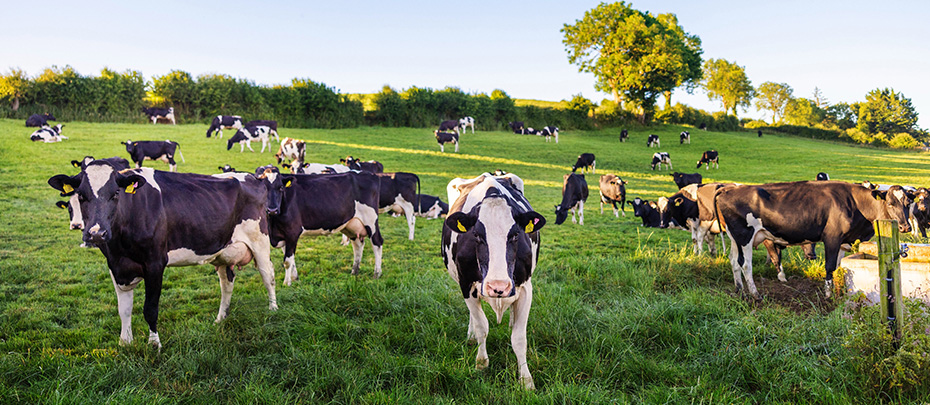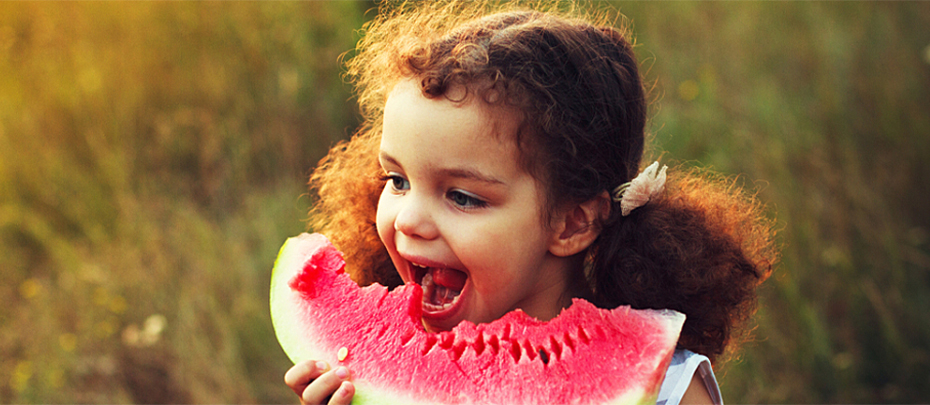Both a lactose sensitivity and a cow's milk allergy can cause tummy troubles in infants, but how do you tell them apart? Read on.
Q: What Is The Difference Between Cow's Milk Allergy And Lactose Intolerance?
JK: Lactose intolerance and cow's milk allergy may have similar symptoms — you might see nausea, vomiting, stomach cramps or diarrhea. It can be tricky to distinguish between the two but they're actually completely different conditions.
- A food allergy, such as cow's milk allergy, is an immune reaction to the protein in milk.
- A lactose intolerance is caused by the inability to break down lactose, which is the sugar in milk.
Lactose sensitivity can be uncomfortable for your baby, but it's otherwise harmless.
A food allergy, on the other hand, can be very dangerous and might also cause additional symptoms. There could be some mild reactions like flushing, rash, hives or a runny nose. Others can be much more serious, like trouble breathing, wheezing, swelling of the tongue and throat and even loss of consciousness. To stay safe, milk-allergic infants need to completely avoid all foods with milk-containing ingredients.
Q: What Should Parents Do If They Suspect Their Baby Is Milk Allergic Or Lactose Intolerant?
JK: When a baby has trouble tolerating formula, many parents automatically assume that it's because of a milk allergy. Don't try to diagnose the symptoms. The very best thing you can do is speak to your child's doctor. They'll be able to do a thorough exam, take a full history of any symptoms and order additional tests or refer you to a pediatric allergist.
Related: Download My Child's Symptom Diary Log
Q: Do Babies Who Have Lactose Intolerance Or Cow's Milk Allergy Need To Have A Dairy-Free Diet?
JK: If your baby is diagnosed with a cow's milk allergy, they will need to avoid all milk products completely, but lactose intolerance is a little different.
Infants are rarely diagnosed with lactose intolerance. However, it's not uncommon for babies to experience lactose sensitivity due to diarrhea from a virus or antibiotic use. The good news is this type of secondary lactose intolerance usually goes away on its own shortly after the illness resolves. Because it's almost always short term, there's typically no need to change your baby's diet, but while your little one is experiencing symptoms they might be more comfortable with a reduced lactose formula such as Similac Pro Sensitive or Similac Total Comfort.
*Note: This column is for general educational and informational purposes only. The information and the opinions of the author expressed do not constitute medical advice. Speak to a medical professional if you need personal health advice.




Social Share